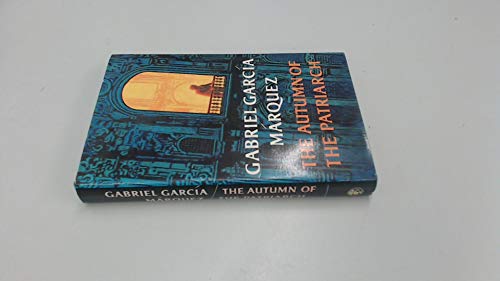The Autumn of the Patriarch by Gabriel Garcia Marquez
First the vultures arrive. Then the revolutionaries burst into the crumbling residential a place of a modern Latin American country to find the rotting corpse of the dictator whose shadow had loomed over the advancing corruption of their country for almost a century. There was a time when his power seemed to have no limit, when dauntless adulators proclaimed him corrector of earthquakes and other errors of God, when his messianic appearances among the peasants inspired awe and love. But as his infamous regime tightened its grip of cruelty and terror, the dictator himself became afraid, withdrawing into the sanctuary of his crowded palace, where the mistresses, concubines and tribes of children he surrounded himself with could not offset the loneliness of the autumn of his power - the autumn of his pain. Gabriel Garcia Marquez weaves a narrative backwards and forwards through time, telling the story of the depot general - lover and son, puppet and symbol, man and monster - through the eyes of those who adored and served him, of those who feared and despised him.
